It’s Black History Month, and with it comes an opportunity to celebrate, reflect, and press forward. But every year, I see conversations resurface questioning whether BHM is still necessary—whether setting aside this time somehow suggests that one group is more important than another. Some wonder aloud if it would be better to fully integrate Black history into American history without a separate carve out or special mention. Many of these questions are posed by well-meaning people who are considering other paths forward, while others’ intentions are not nearly as benign. What the posts often have in common is a suggestion that we must choose between highlighting Black history and folding it into the broader timeline of general American history.
This is where we have to reject the false choice. As Carter G. Woodson, the “father of Black history,” famously said:
“We should emphasize not Negro History, but the Negro in History. What we need is not a history of selected races or nations, but the history of the world void of national bias, race hatred, and religious prejudice.”
That ideal still holds today. That’s what we should have. It’s what we need.
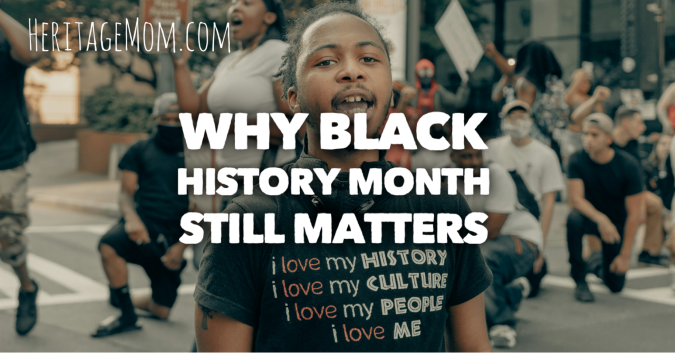
And yet, Woodson himself established Negro History Week—the precursor to Black History Month—in 1926 precisely because this vision had not yet been realized. He knew that a fully integrated history would not simply happen on its own. He championed both the idea of history without bias and the targeted study of Black history as a necessary corrective to erasure. His work reminds us that recognizing and valuing Black contributions to history is not about elevating one group over another; rather, it’s about restoring balance where omissions and distortions have long persisted.
Despite progress over the years, Black history is still often treated as an afterthought in many schools and public spaces.
Textbooks may contain brief references to key figures like Dr. Martin Luther King Jr. or Rosa Parks, but the full depth and breadth of Black contributions—scientific innovations, artistic movements, literary achievements, political leadership, and more—are frequently left untold. Without intentional focus, these stories remain overlooked, and generations miss out on the richness of the Black experience as an essential part of American and world history.
So let’s follow Woodson’s lead. Let’s reject the either/or and embrace the both/and:
- Relentless efforts toward the full and permanent inclusion of Black history in American and global narratives.
- A dedicated, intentional, and ongoing study of Black history in its own right.
We don’t have to choose. Both are necessary.
One does not negate the other; rather, they complement each other to create a more accurate, well-rounded understanding of history.
And that’s exactly the spirit of Soul School, which just launched (!!) and is already finding its way into homes and hearts. This book was created to be a joyful, immersive way to experience Black culture—not just for one month, but as an ongoing and natural part of learning and living. It was born out of a deep desire to help correct the gaps and fill in the missing pieces—not just by recounting struggles and hardships, but by celebrating the resilience, brilliance, and creativity that define Black history and culture.
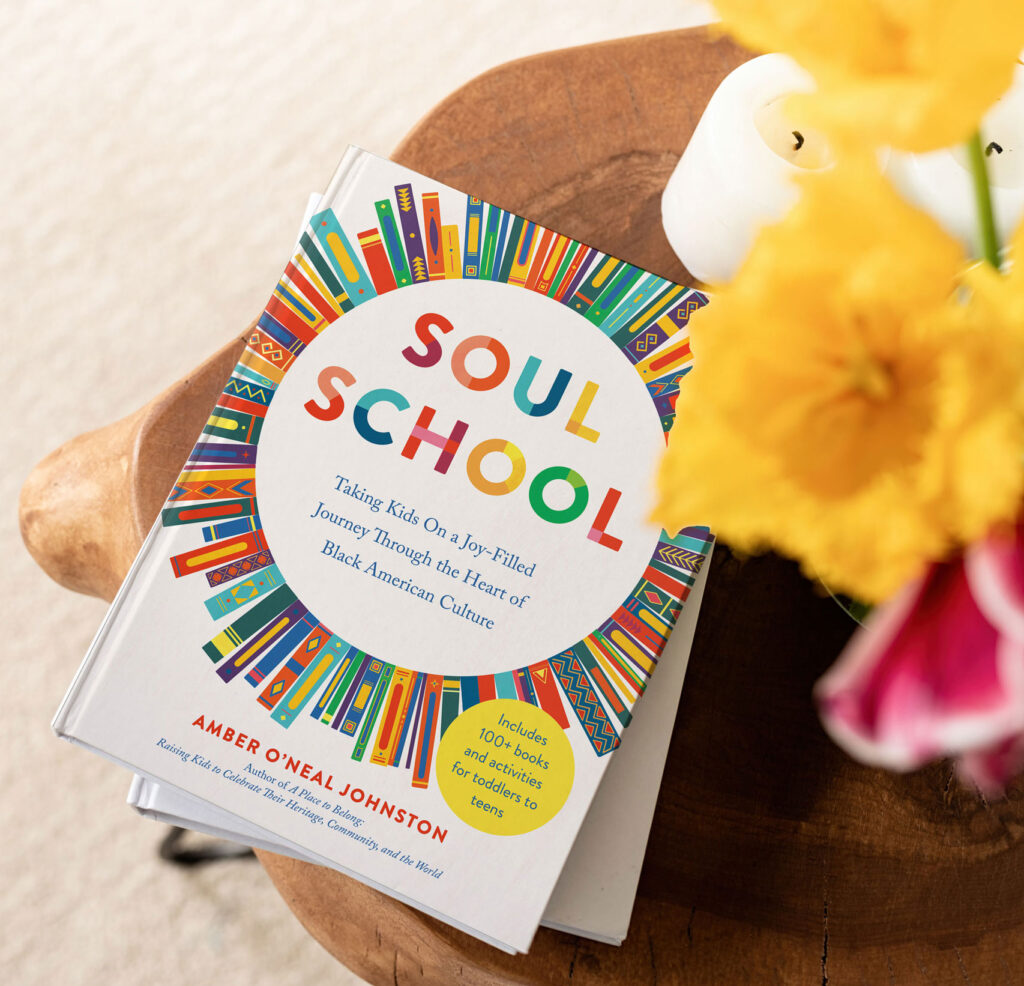
The beauty of Black history is that it is living history. It is not confined to the past—it is being made every day. It is found in the achievements of Black scientists and entrepreneurs, the poetry of young voices rising up, the art that tells our stories in bold and breathtaking ways. It is in the everyday moments, the traditions passed down, and the dreams being shaped for the future.
This Black History Month, let’s celebrate not just what has been, but what’s possible when we continue the work. Read. Reflect. Listen. Share. Grow. Commit to making Black history a year-round exploration, not just a February focus. If we all do this—if we make space for more voices, more stories, and more learning—we honor the legacy of those who came before us and ensure a richer, more inclusive history for generations to come.
Check me out on Instagram at @heritagemomblog for more reflections on BHM (and beyond)!
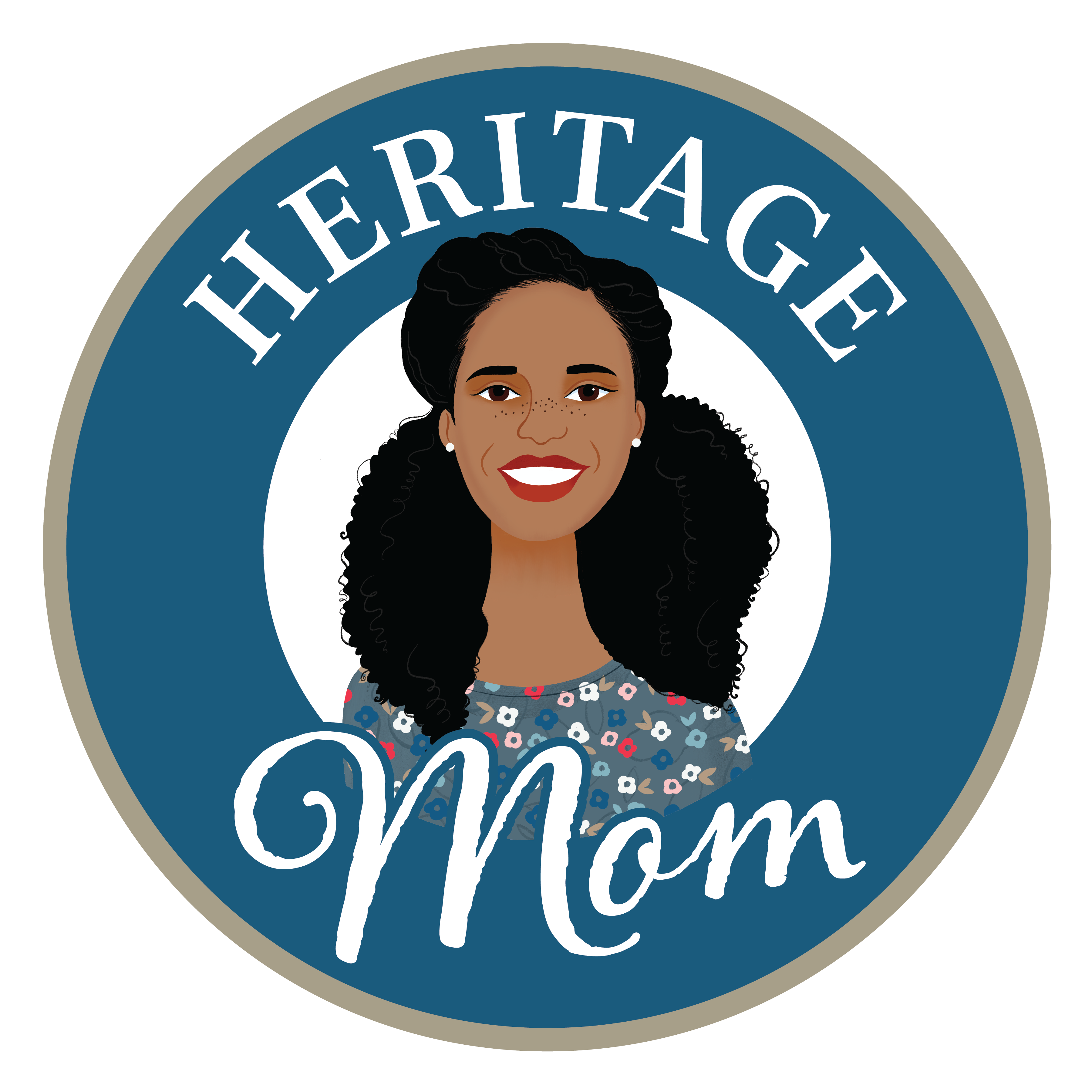
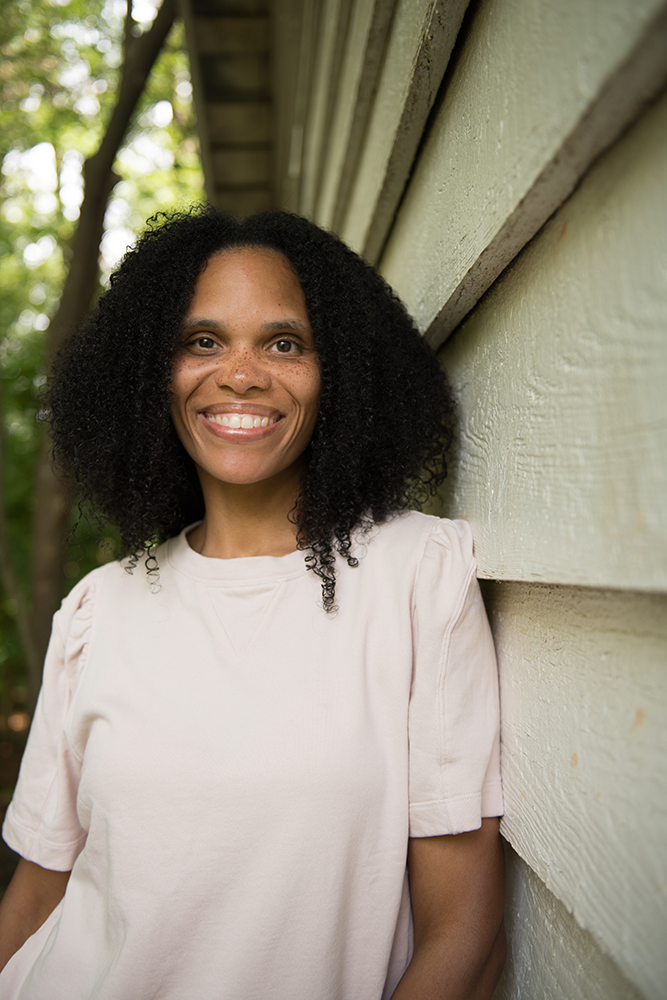

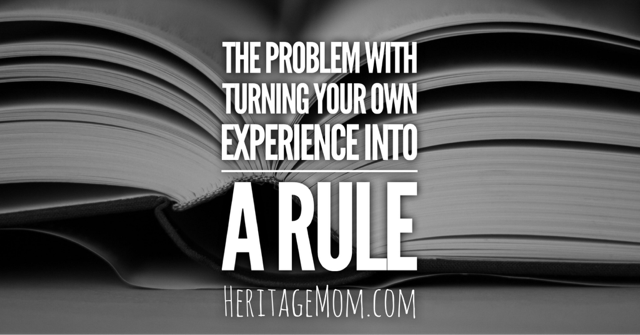

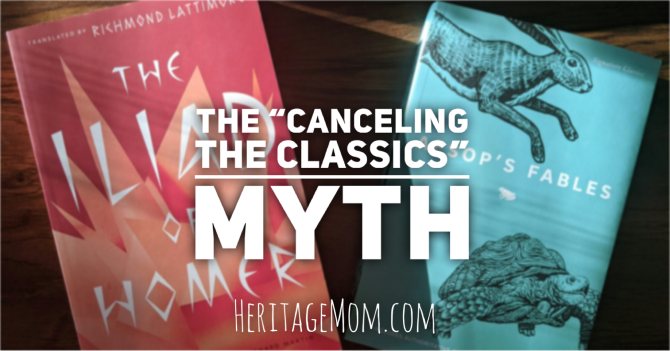
0 Comments